Table of Contents
Guide
Recycling, Yes or No

Erin Palmer
 rourkeeducationalmedia.com rourkeeducationalmedia.com |  Scan for Related Titles Scan for Related Titles
and Teacher Resources |
Before & After
Reading Activities | Level: K Word Count: 353 words 100th word: bit |
Teaching Focus: Endings- ed ing- Locate the words recycled and recycling in the book. Write the words and underline the common root word. Then compare the endings. How does each ending change the meaning of the root word? Practice using the endings with another root word. Before Reading:
Building Academic Vocabulary and Background Knowledge Before reading a book, it is important to set the stage for your child or students by using pre-reading strategies.
1.Read the title and look at the cover. 1.Read the title and look at the cover.
Lets make predictions about what this book will be about.2.Take a picture walk by talking about the pictures/photographs in the book. Implant the vocabulary as you take the picture walk. Be sure to talk about the text features such as headings, Table of Contents, glossary, bolded words, captions, charts/diagrams, or Index.3.Have students read the first page of text with you then have students read the remaining text.4.Strategy Talk use to assist students while reading.
- Get your mouth ready
- Look at the picture
- Thinkdoes it make sense
- Thinkdoes it look right
- Thinkdoes it sound right
- Chunk it by looking for a part you know5.Read it again.6.After reading the book complete the activities below.Content Area VocabularyUse glossary words in a sentence. environment fumes landfills recycle recycling plants waste After Reading: Comprehension and Extension Activity After reading the book, work on the following questions with your child or students in order to check their level of reading comprehension and content mastery. 1.Why is it important to save our natural resources? (Infer)2.What does the recycling symbol mean? (Summarize)3.What is another way you can care for the environment? (Text to self connection)4.Why is it important to remove all chemicals from things being recycled? (Infer)Extension Activity Landfills and recycling offer different options for trash. Each affects the environment differently. With the help of an adult, gather up some garbage such as a banana peel, piece of newspaper, an eggshell, and a piece of a plastic cup.
What would happen to each item if left in a landfill? Bury the items in separate holes in the dirt outside. Create little garden tags identifying what object is buried. After 4 weeks dig up each item. What happened? Which items changed and which did not? How does recycling help the environment?
2016 Rourke Educational Media All rights reserved. No part of this book may be reproduced or utilized in any form or by any means, electronic or mechanical including photocopying, recording, or by any information storage and retrieval system without permission in writing from the publisher. paper) 978-1-63430-347-7 ISBN (soft cover) 978-1-63430-447-4 ISBN (e-Book) 978-1-63430-546-4 Library of Congress Control Number: 2015931675
| Printed in the United States of America, North Mankato, Minnesota | Also Available as:  |
Introduction
, here are some things to think about.

Arguments for Recycling
Garbage is not good for the planet, but people create a lot of it.

Arguments for Recycling
Garbage is not good for the planet, but people create a lot of it.
Think of the things you throw away every day, such as juice boxes and paper. 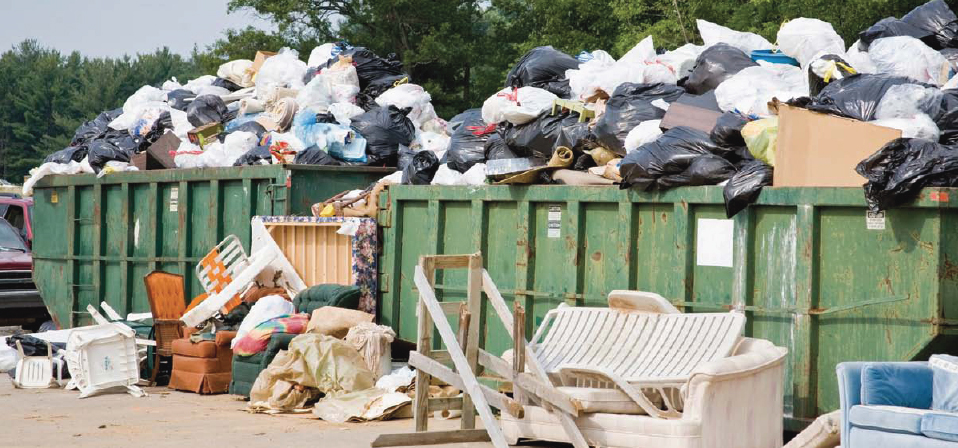 , where it sits in a huge pile and may pollute the environment.
, where it sits in a huge pile and may pollute the environment. 
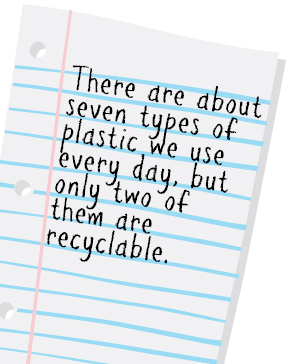 Recycling is something that people can do to make the giant pile of garbage a bit smaller. Instead of throwing things away, recycling makes new things out of old materials.
Recycling is something that people can do to make the giant pile of garbage a bit smaller. Instead of throwing things away, recycling makes new things out of old materials. 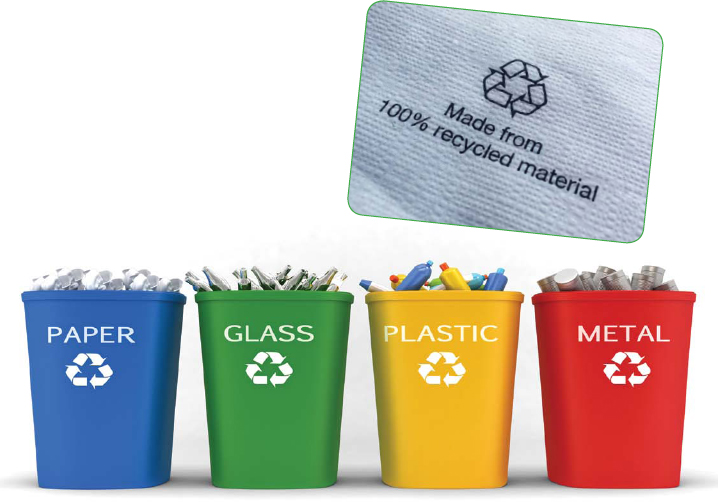 When the new things have been used up, they can often be recycled all over, creating a cycle of old to new and back again.
When the new things have been used up, they can often be recycled all over, creating a cycle of old to new and back again.  and saves important natural resources such as water, wood, and minerals.
and saves important natural resources such as water, wood, and minerals. 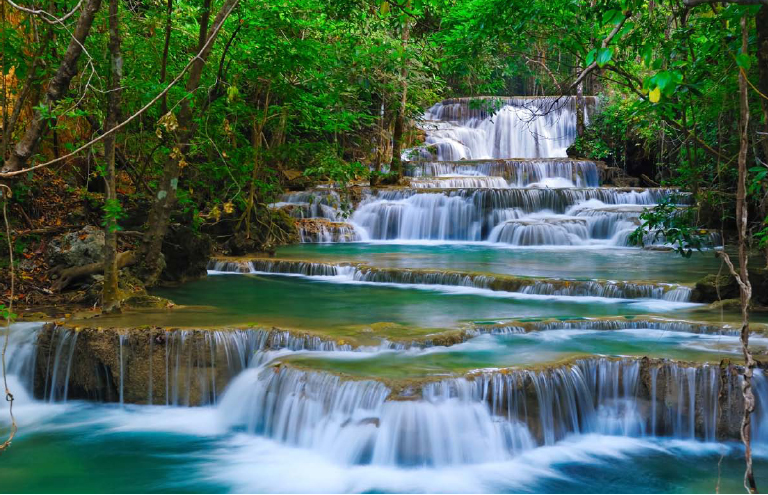
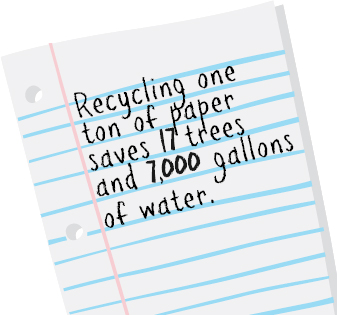
Arguments against Recycling
Even though recycling does a lot of good, there are times when it may not be the best choice to help the environment.

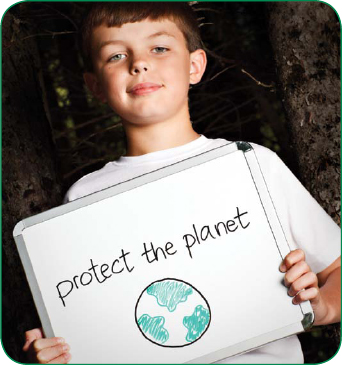
Imagine an adult asks you to clean your room.


Imagine an adult asks you to clean your room.
You gather your toys, including some that were out in your muddy backyard. 

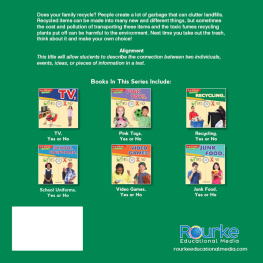
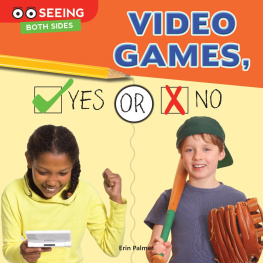
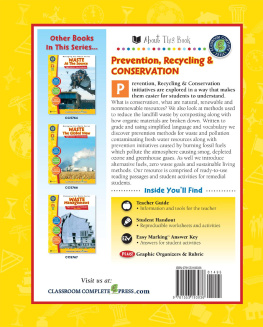
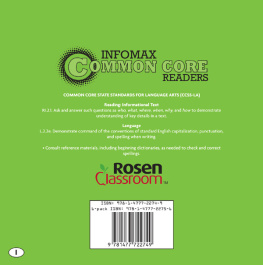
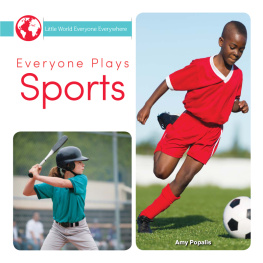
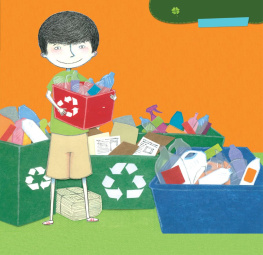
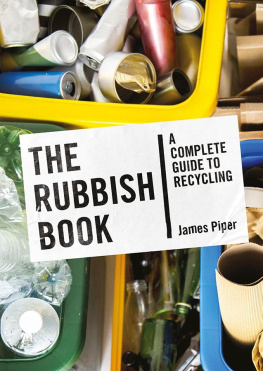
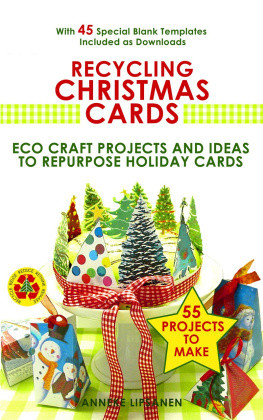
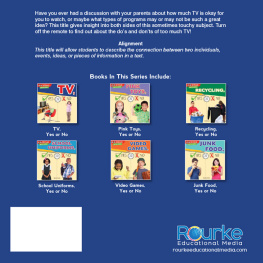
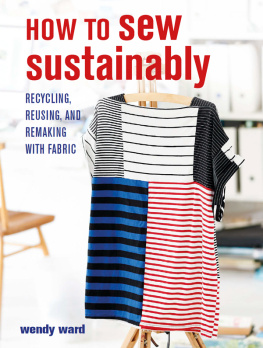

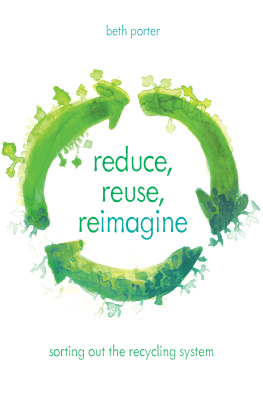
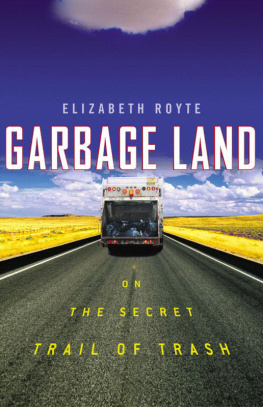
 Erin Palmer
Erin Palmer  rourkeeducationalmedia.com
rourkeeducationalmedia.com Scan for Related Titles
Scan for Related Titles

 , where it sits in a huge pile and may pollute the environment.
, where it sits in a huge pile and may pollute the environment. 
 Recycling is something that people can do to make the giant pile of garbage a bit smaller. Instead of throwing things away, recycling makes new things out of old materials.
Recycling is something that people can do to make the giant pile of garbage a bit smaller. Instead of throwing things away, recycling makes new things out of old materials.  When the new things have been used up, they can often be recycled all over, creating a cycle of old to new and back again.
When the new things have been used up, they can often be recycled all over, creating a cycle of old to new and back again.  and saves important natural resources such as water, wood, and minerals.
and saves important natural resources such as water, wood, and minerals. 


 Imagine an adult asks you to clean your room.
Imagine an adult asks you to clean your room. 